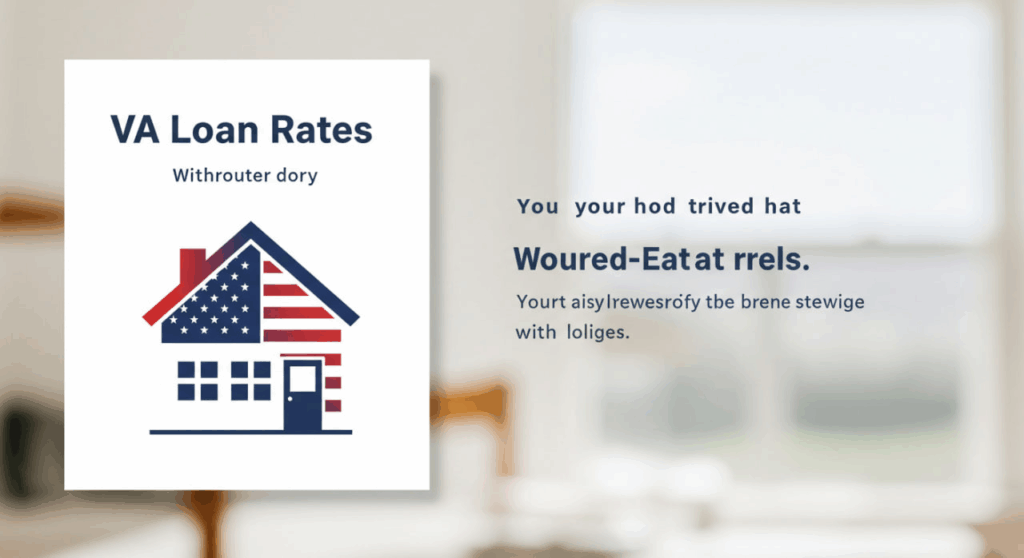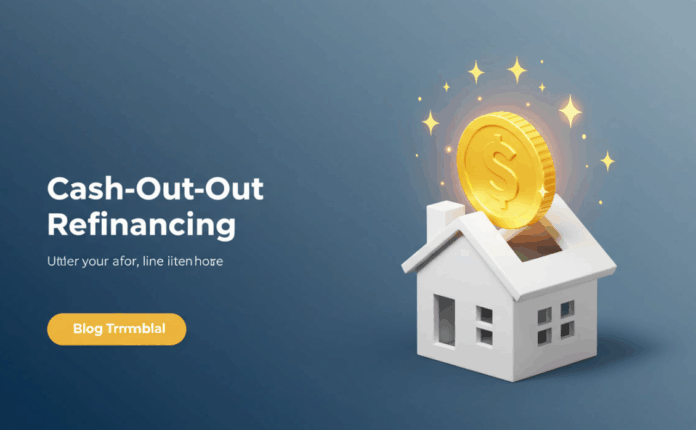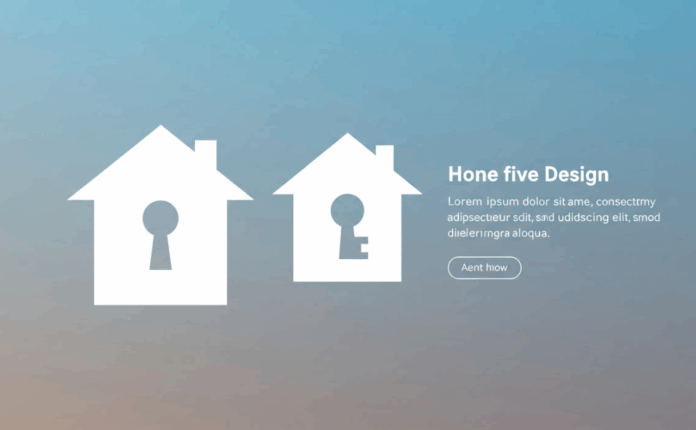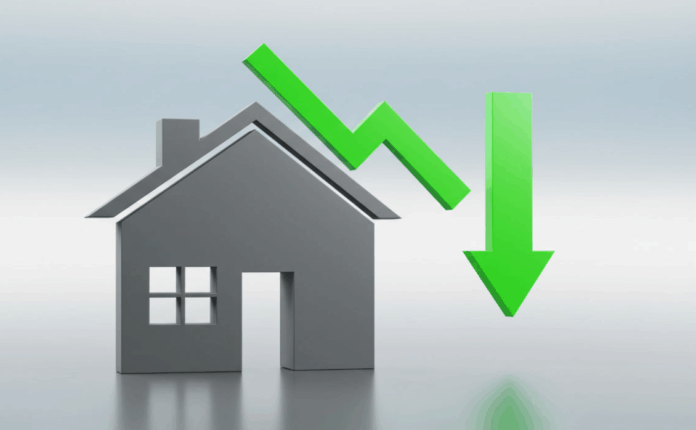Securing a mortgage can be a daunting task, but for eligible veterans and military personnel, the VA loan offers a unique pathway to homeownership. Understanding VA loan rates is crucial for making informed decisions and maximizing your benefits. This guide will break down everything you need to know about VA loan interest rates.
Understanding VA Loan Basics
VA loans are backed by the Department of Veterans Affairs, which means lenders bear less risk, often translating to more favorable terms for borrowers. Unlike conventional mortgages, VA loans typically don’t require a down payment, although some lenders may require a small one. This is a significant advantage, making homeownership more accessible to veterans. Learn more about how rates are determined below.
Current VA Loan Rates
VA loan rates are not fixed and fluctuate based on various economic factors. Checking with multiple lenders is always recommended to find the best possible rate. You can find current rates on various financial websites, such as Bankrate or NerdWallet. Remember that these are just estimates; your actual rate will depend on your individual creditworthiness and the terms of your loan.
Factors Affecting Your Interest Rate
Several factors influence your personalized VA loan rate. Your credit score is a major one; a higher score generally translates to a lower interest rate. The length of your loan (30 years vs. 15 years) also impacts your rate. Longer terms usually result in lower monthly payments but potentially higher overall interest costs. Find out how your credit score impacts your rate.

How VA Loan Rates are Determined
VA loan rates are determined by a combination of factors including the prevailing market interest rates, the lender’s risk assessment of your financial profile, and the type of loan you choose. Lenders assess your creditworthiness, debt-to-income ratio, and employment history to determine the risk involved in lending to you. The VA website provides more detail on this process.
VA Loan vs. Conventional Loans
Comparing VA loans to conventional mortgages is essential. VA loans often boast lower interest rates and don’t necessitate a down payment. However, there might be funding fees associated with VA loans, which are added to the overall cost. Understanding these nuances is critical before making a choice. Compare loans here.
The Importance of Shopping Around
Don’t settle for the first rate you’re offered. Contact multiple lenders to compare rates and terms. Each lender uses different algorithms and assessment methods, resulting in varying rates for the same borrower. This proactive approach can save you thousands of dollars over the life of your loan.
VA Loan Refinancing Options
If you already have a VA loan, refinancing might be an option to reduce your interest rate. Refinancing involves taking out a new loan to pay off your existing one, potentially with more favorable terms. However, be aware of associated costs and fees before deciding.
Conclusion
Navigating the world of VA loan rates requires careful consideration and research. By understanding the factors that affect your rate and shopping around for the best deal, you can secure a competitive interest rate and achieve your dream of homeownership. Remember to factor in all associated costs before signing any agreements.
Frequently Asked Questions
What is a VA loan funding fee? A VA funding fee is a one-time charge that helps cover the cost of the VA loan guarantee program. The amount varies depending on your situation.
Can I get a VA loan with bad credit? While a good credit score is beneficial for securing a lower rate, you may still qualify for a VA loan even with less-than-perfect credit. However, you might receive a higher interest rate.
How long does the VA loan process take? The closing process for a VA loan can take several weeks, and sometimes even longer, depending on various factors, including the lender and the complexity of your application.
What documents are required for a VA loan application? You’ll generally need to provide documentation such as your Certificate of Eligibility, proof of income, credit report, and details about the property you’re purchasing.
Can I use my VA loan to buy any type of property? While most properties qualify, there are restrictions. For example, you usually can’t use a VA loan to purchase a property intended solely for investment purposes.



